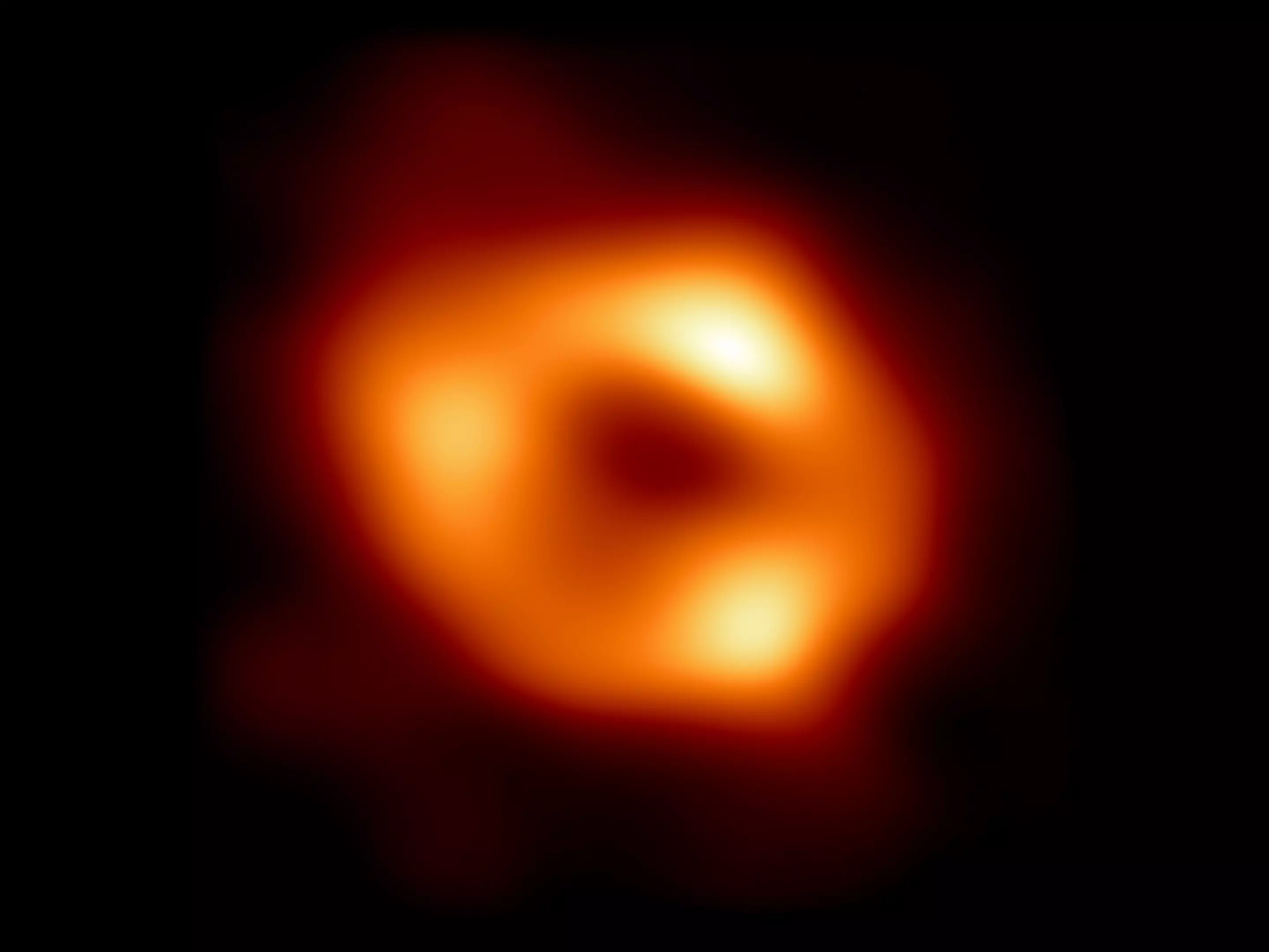
Fastest-growing black hole can eat an Earth every second
text_fieldsRepresentational Image
There is a giant mouth wide open up there. It is a black hole—yes, the fastest growing of the past 9bn years.
This giant mouth eats the equivalent of one Earth every second. You might well ask how big it is. Well, this black hole has the mass of 3bn suns, scientists say, reports The Guardian.
It all began with the discovery of an immensely bright quasar. Meanwhile, quasar is a luminous object powered by a supermassive black hole, according to The Guardian.
The object—which is numerically named as J114447.77-430859.3 or J1144 for short—is 7,000 times more luminous than all the light from the Milky Way. Imagine, what it will be like!
According to researcher Dr Christopher Onken of Australian National University, the black hole is more or less half a way across the universe.
The light seen from Earth has been travelling for about 7bn years, he said, adding that the big bang occurred about 13.8bn years ago.
Onken said that other similar sized black holes tend to be much earlier in the history of the universe. Back then, merger between galaxies was much more common, he said.
Scientists have been observing growing black holes since 1960s and so far about 880,000 of them were discovered and catalogued.
Interestingly, this fastest growing black hole, which is immensely bright, remarkably escaped many researchers, according to him.
It has eluded discovery partly because of its position in the night sky, the report said quoting Onken said.
Perhaps you know that black holes themselves are not visible. Thanks to their gravity, not even light can escape them.
They are visible at all because of the matter swirling around them.
Researcher Dr Fiona Panther of the University of Western Australia described black holes as messy eaters; they ingest a lot of gas and dust as much as they spite out.
Almost every galaxy in the universe has a supermassive black hole at its centre, The Guardian reported Panther as saying.
Doctoral student Adrian Lucy first spotted J1144 while searching for close pairs of binary stars in the Milky Way.





